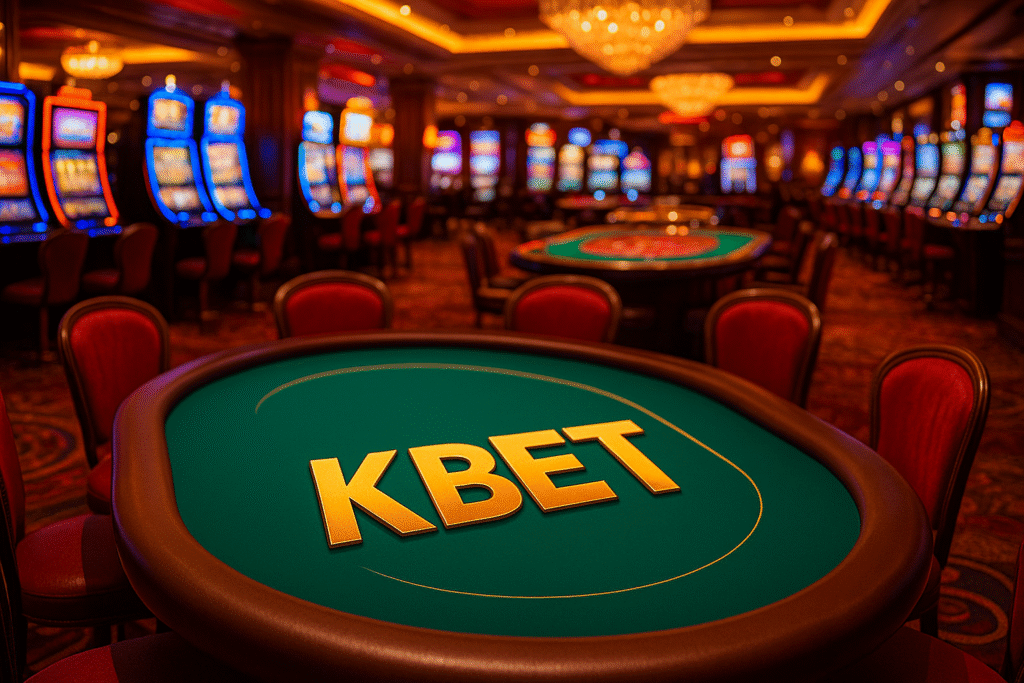The Psychology Behind Online Casino Game Design

Online casino games aren’t just about luck and flashy graphics—they’re also designed with deep psychological principles in mind. Everything from sound effects to reward schedules is engineered to keep players engaged and entertained. Platforms like K88 understand this well, offering games that are not only visually appealing but also strategically crafted to tap into the motivations and behaviors of their audience. This combination of design and psychology creates a powerful gaming experience that keeps players coming back for more.
After, the platform placed a clear K88 Nhà cái emphasis on enhancing game engagement through intelligent design. The update wasn’t just about looks—it incorporated game elements aimed at increasing immersion and excitement, such as adaptive audio effects, achievement systems, and seamless transitions between play modes. These changes reflect a broader industry shift where entertainment value is driven by user experience as much as by winnings.
One key psychological principle in game design is the variable reward system, where rewards are delivered unpredictably. This concept, borrowed from behavioral psychology, keeps players engaged because they never know exactly when the next win will come. The thrill of “maybe next spin” creates a powerful cycle of anticipation and reward, similar to what happens in social media scrolling or video game achievements.
Another tactic is near-miss outcomes—when players come close to winning but fall just short. Studies have shown that near-misses actually increase a player’s desire to continue, activating reward centers in the brain even though there was no actual gain. This clever trick is commonly used in slot machines and wheel-based games, where stopping just one symbol short of a jackpot keeps users spinning.
Sound and visuals also play a major role. The triumphant jingles, flashing animations, and coin-drop effects aren’t just for show—they trigger dopamine responses, reinforcing positive feelings even with small wins. Over time, these sensory cues become associated with excitement and fun, which contributes to continued play.
Many online casinos now incorporate gamification features like progress bars, levels, and missions. These elements borrow from video game design to give players goals and milestones, creating a sense of accomplishment beyond just winning money. This transforms gambling into a more interactive and goal-oriented activity, helping users feel more in control of their experience.
Social elements also contribute to the psychology of casino games. Live chat rooms, multiplayer poker, and shared tournament leaderboards make the experience more community-driven. The feeling of competing with or against others adds an extra layer of motivation, especially for competitive players who enjoy the social aspect of gaming.
Finally, mobile optimization taps into the psychology of convenience. When users can play on their phones anytime—during a break, while commuting, or at home—it increases their engagement frequency. Quick access, combined with all the psychological triggers mentioned above, creates a powerful loop of interaction that drives platform loyalty.
To conclude, the success of online casinos isn’t based solely on luck or odds—it’s deeply rooted in understanding human behavior. Through smart game design and user-centric features, platforms like kbet provide more than just gambling—they deliver compelling, psychology-driven experiences that keep players immersed, entertained, and emotionally invested.